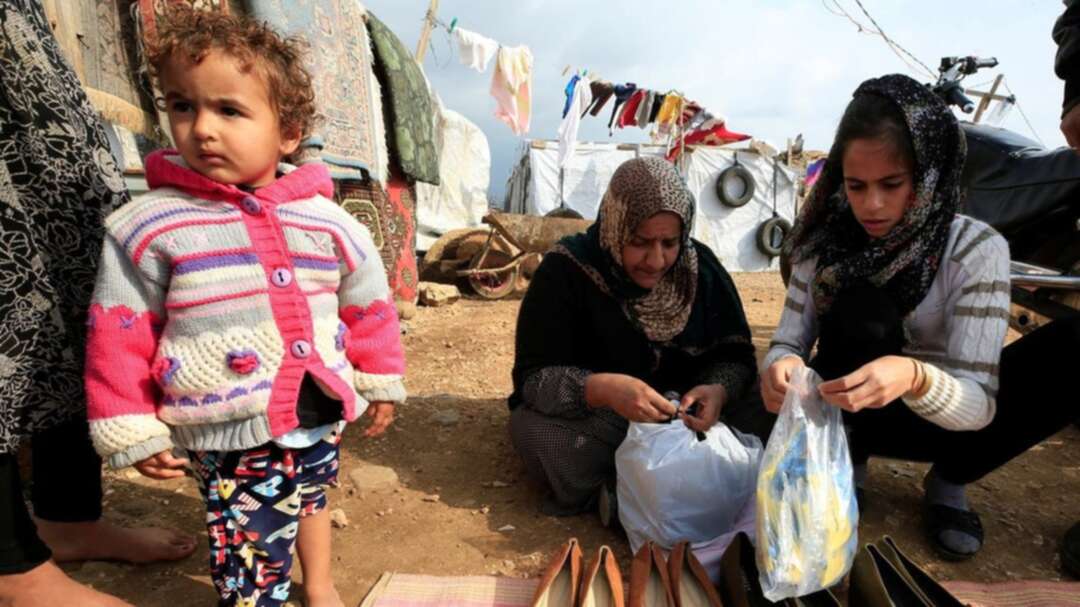-
Lebanon’s vaccine rollout neglects migrant workers, refugees: Human Rights Watch

Lebanon’s vaccine rollout is at risk of marginalizing refugees and migrant workers who make up a third of the crisis-hit country’s population, Human Rights Watch warned on Tuesday.
“With one in three people in Lebanon a refugee or migrant, a third of the population risks being left behind in the vaccination plan,” said HRW researcher Nadia Hardman.
“The government needs to invest in targeted outreach to build trust with long-marginalized communities or the COVID-19 vaccination effort is doomed to fail.”
In February, Lebanon started a mass vaccination campaign that Health Minister Hamad Hassan said would cover everyone living in the country regardless of their nationality.
It aims to cover 80 per cent of the population by the end of the year but the rollout has been slow.
Only 233,934 doses have been administered as of April 5 mostly due to the limited quantity of vaccines available, HRW said.
“Only 2.86 percent of those vaccinated and 5.36 percent of those registered to receive vaccinations are non-Lebanese.”
More than 19,900 Palestinian refugees and health workers and 6,701 Syrian refugees are eligible in the first phase of the vaccine rollout, HRW said.
Citing data collected by the United Nations, it warned that “Syrian and Palestinian refugees have died from COVID-19 at a rate more than four and three times the national average, respectively,” and urged authorities to ensure the equitable distribution of vaccines.
Lebanon says it hosts more than 1.5 million Syrians, nearly a million of whom are registered as refugees with the UN.
Official estimates put the number of Palestinian refugees in the country at 180,000 but the actual number could be as high as 500,000.
Lebanon is also home to tens of thousands of foreign workers.
The small Mediterranean country has recorded 480,502 coronavirus cases, 6,443 of them fatal.
The pandemic piled new misery on a country already grappling with its worst economic crisis since the 1975-1990 civil war.
The World Bank has allocated $34 million to inoculate two million of Lebanon’s six million inhabitants.
The health ministry has allowed the private sector to import additional vaccines to speed up the process.
As a result, “some politicians have already started securing vaccines for their constituents,” HRW warned.
This is “raising fears that the distribution of vaccines will be based on political affiliation”.
In February, authorities came under fire after 16 lawmakers jumped the vaccine queue and received secret jabs in parliament in violation of a World Bank agreement.
“It has quickly become clear that there are serious gaps in the plan’s implementation,” Hardman said.
source: AFP
Image source: Reuters
Levant
You May Also Like
Popular Posts
Caricature
opinion
Report
ads
Newsletter
Subscribe to our mailing list to get the new updates!






















